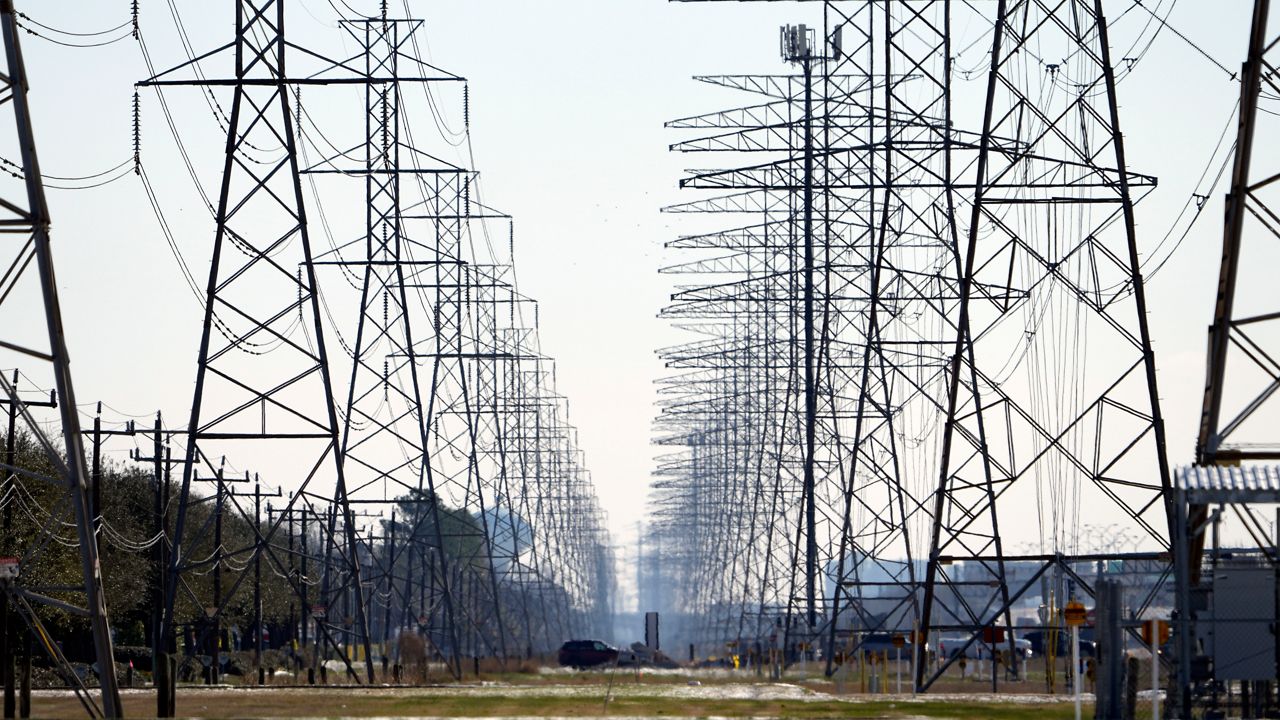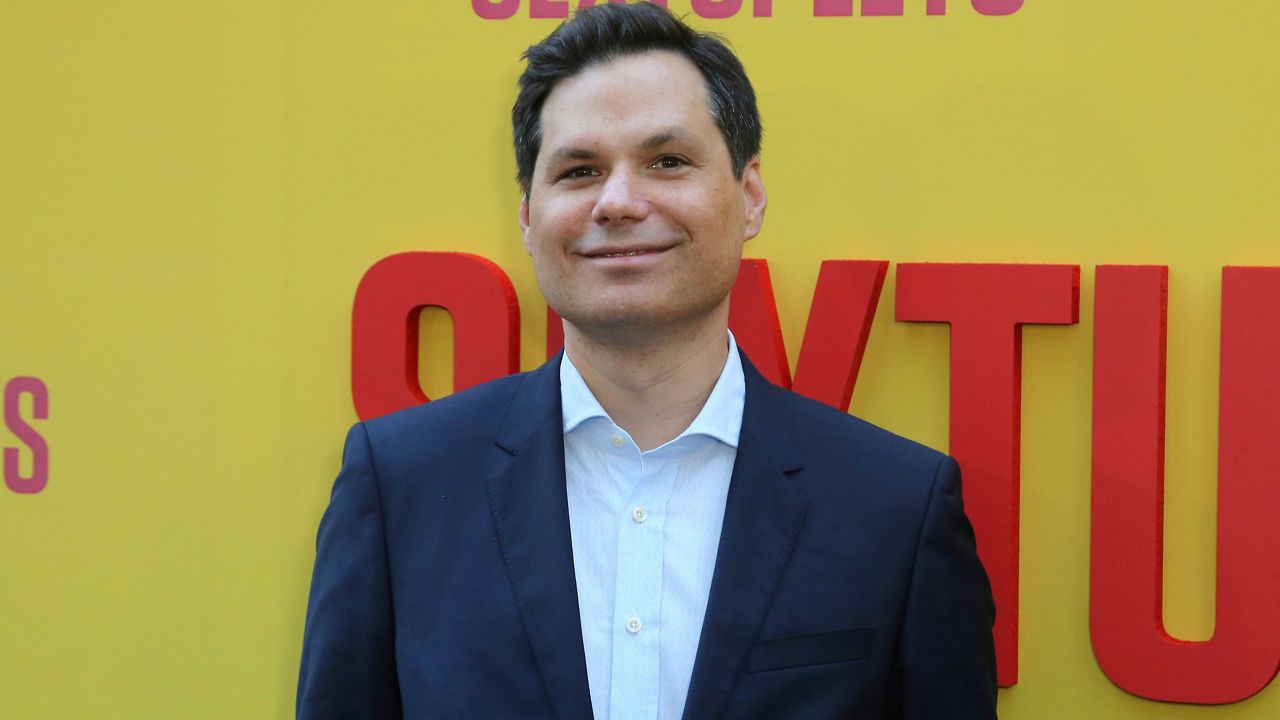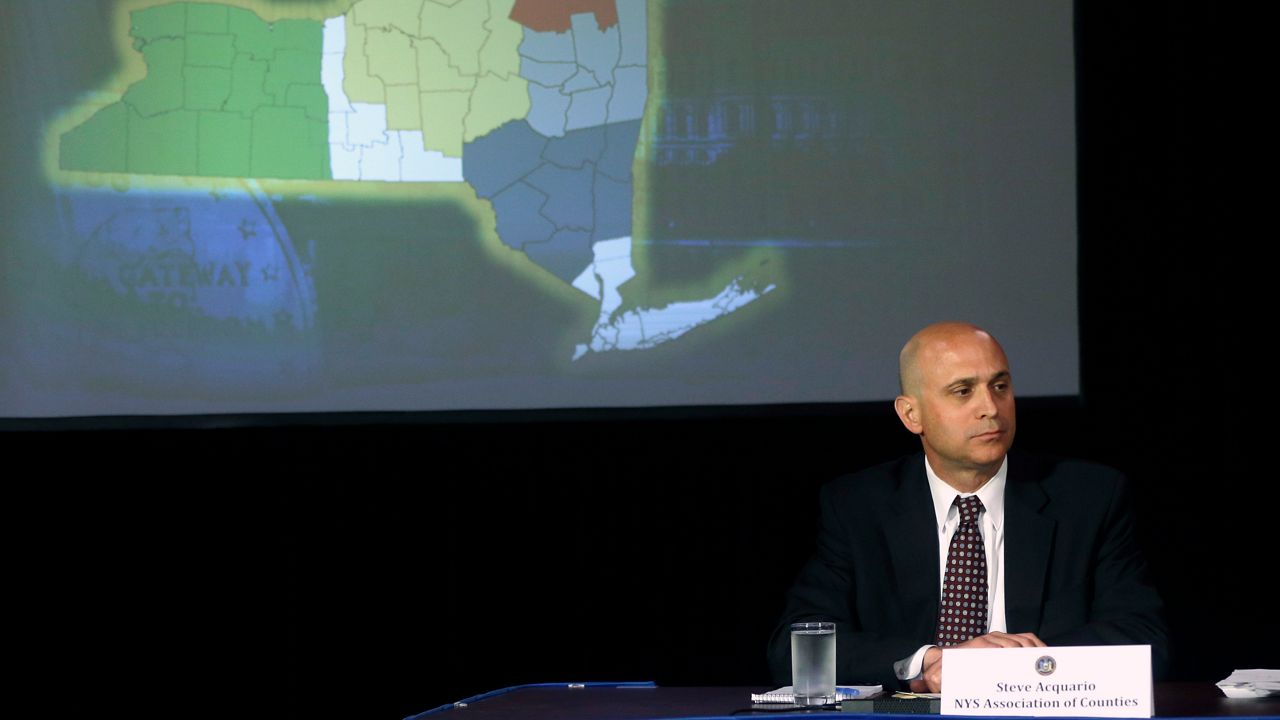BUFFALO, N.Y. — While prosecutors across the state attempt to prove bid-rigging connected to the governor's signature economic development initiative, two Green Party candidates for state wide office criticized the Buffalo Billion as a whole.
"We'll see what the trial brings out and what the jury says but on the face of it, it's corrupt because big donations in, contracts out, and it's hard to prove a quid pro quo but it looks obvious just on appearance," Green Gubernatorial candidate Howie Hawkins said.
Comptroller candidate Mark Dunlea said he is concerned about the reports he's heard thus far from the trial, primarily that the state's economic development arm allegedly consulted with preferred developers about major projects.
"The testimony we've heard so far, it was routine for the Cuomo administration to allow companies that had given him donations to literally write request for proposals," he said.
Dunlea said current comptroller Tom Dinapoli has been silent about the Assembly's failure this week to pass legislation to give his office more oversight of state contracts. He said if elected he would be more aggressive in his scrutiny of contracts like the ones currently at the center of the trial.
"The state Assembly refused to bring the bill up for a vote even though it had passed the Senate, mainly because the governor did not want to see more state comptroller oversight," Dunlea said.
Meanwhile, Hawkins believes the Buffalo Billion model is flawed in general. Standing in front of the Freedom Wall on Buffalo's east side, he said he was skeptical the economic development money has made it to the neighborhoods that need it the most.
"The struggling working class and minority communities, this trickle-down economics don't trickle down to us. It goes to the rich," Hawkin said.
The candidates are pushing an economic development plan they call the Green New Deal which involves investing money into public works, specifically projects targeting climate change and improving the environment.
"That will create jobs directly. It will put people to work. It will put money in these communities and it will build the economy from the bottom up," Hawkins said.









